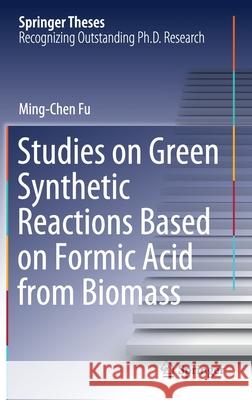Studies on Green Synthetic Reactions Based on Formic Acid from Biomass » książka
topmenu
Studies on Green Synthetic Reactions Based on Formic Acid from Biomass
ISBN-13: 9789811576225 / Angielski / Twarda / 2020 / 105 str.
Studies on Green Synthetic Reactions Based on Formic Acid from Biomass
ISBN-13: 9789811576225 / Angielski / Twarda / 2020 / 105 str.
cena 410,09
(netto: 390,56 VAT: 5%)
Najniższa cena z 30 dni: 385,52
(netto: 390,56 VAT: 5%)
Najniższa cena z 30 dni: 385,52
Termin realizacji zamówienia:
ok. 16-18 dni roboczych.
ok. 16-18 dni roboczych.
Darmowa dostawa!
Kategorie:
Kategorie BISAC:
Wydawca:
Springer
Seria wydawnicza:
Język:
Angielski
ISBN-13:
9789811576225
Rok wydania:
2020
Wydanie:
2020
Numer serii:
000416125
Ilość stron:
105
Waga:
0.35 kg
Wymiary:
23.39 x 15.6 x 0.79
Oprawa:
Twarda
Wolumenów:
01
Dodatkowe informacje:
Wydanie ilustrowane











